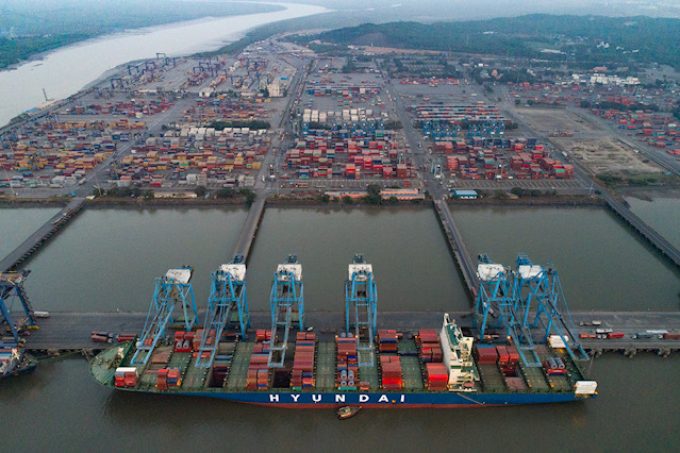
As equipment availability continues to remain tight, Indian logistics leaders are pulling out all the stops to restore equilibrium in an unbalanced market.
The latest move is a digital play to counter carriers’ persistent reluctance to share data on empties.
Officials have begun working to install RFID ...




Comment on this article